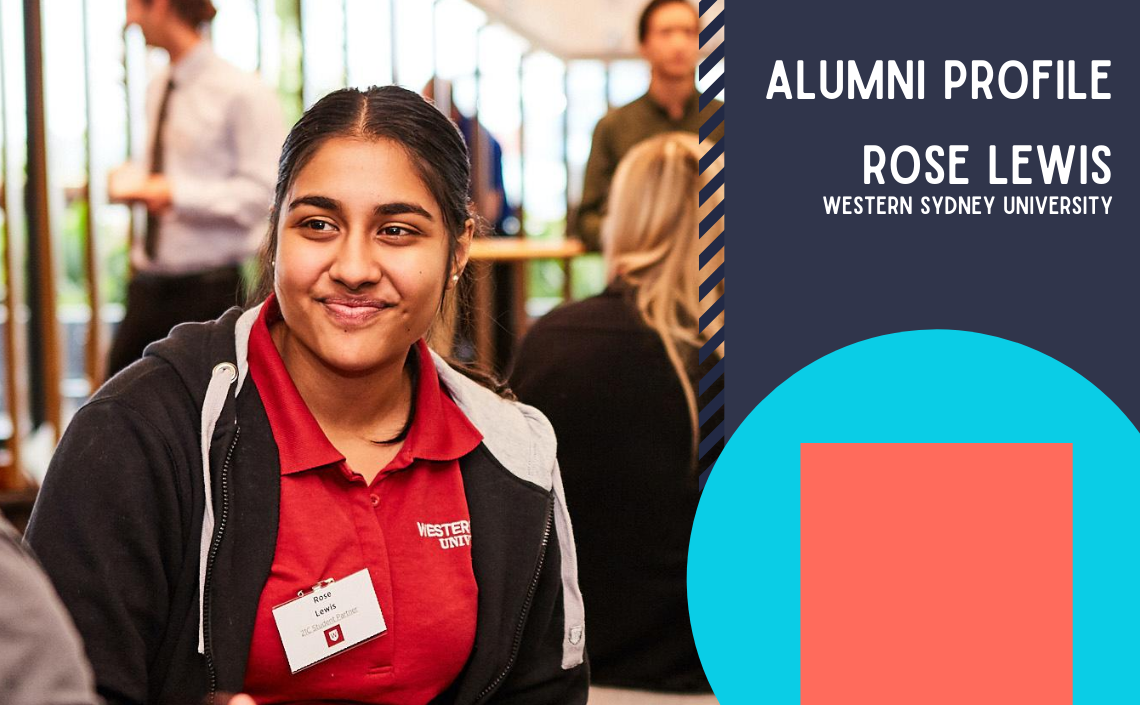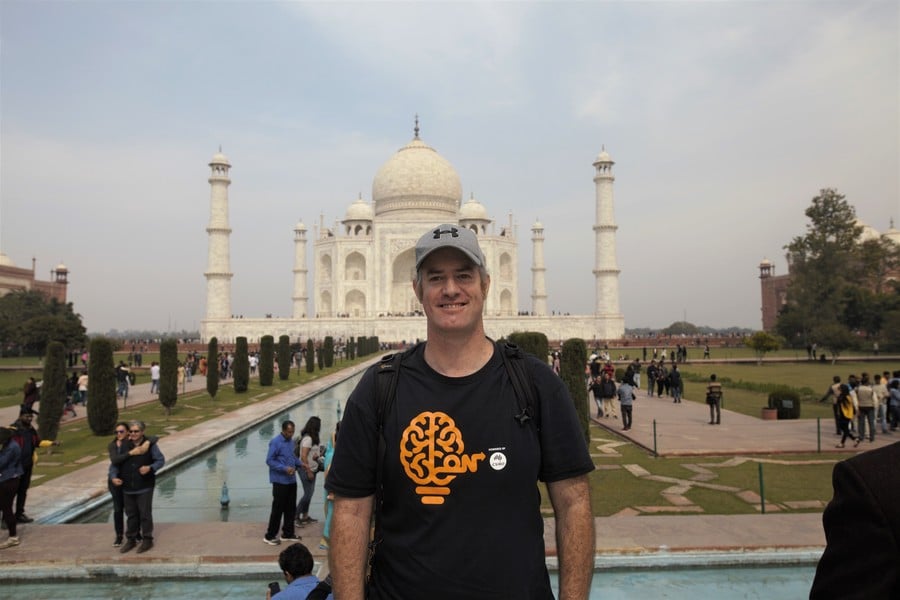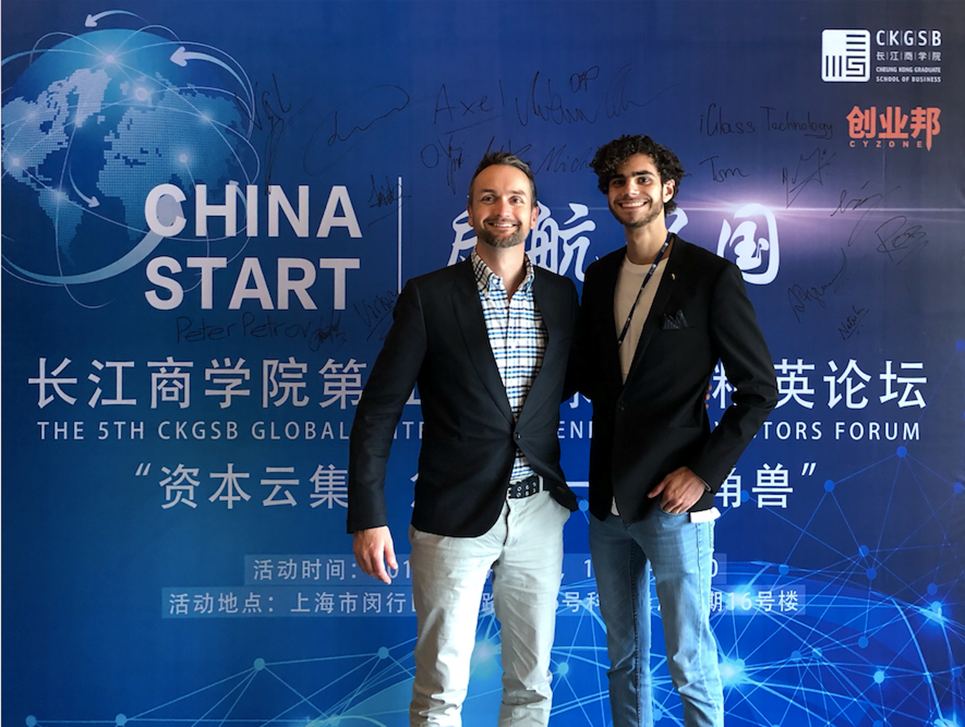Stories
SSE Case Study: change in the air after India insights
Case study – 2019 Young Entrepreneurs International Bootcamp India: A partnership between NSW Government and Sydney School of Entrepreneurship.
SSE’s International Bootcamp to India came at exactly the right time for Diffuse Energy founder, James Bradley.
Less than two years ago, James began working with two co-founders from the University of Newcastle on Diffuse Energy. The startup offers compact renewable wind turbine technologies that supply self-sufficient energy solutions for remote telecoms, home owners, and isolated communities.
As 2018 came to a close, Diffuse Energy were getting ready to commercialise. Having access to the huge India market, and the lessons on offer there, represented an immensely valuable opportunity.
“It gave us a whole pile of insights into what we should, and shouldn’t do,” says James. “Until you’re there, until you get your feet on the ground, you’d never know that.”
James Bradley’s journey in entrepreneurship is typically atypical. After more than 10 years in retail, he began an engineering degree at the University of Newcastle as a mature age student. In 2015, he returned to do a PhD and work at the uni and met his Diffuse Energy co-founders, Joss Kesby and Samuel Evans.
The technology they developed has the potential to totally revolutionise the energy industry, optimising turbines in any fluid, including fans and water turbines.
Their first product is one of the most efficient wind turbines on the planet; a pretty good start for three first-time entrepreneurs.
Their growth has been strongly supported along the way, both by the University of Newcastle, the CSIRO ON Prime/ON Accelerate program and by an NSW Government MVP grant.
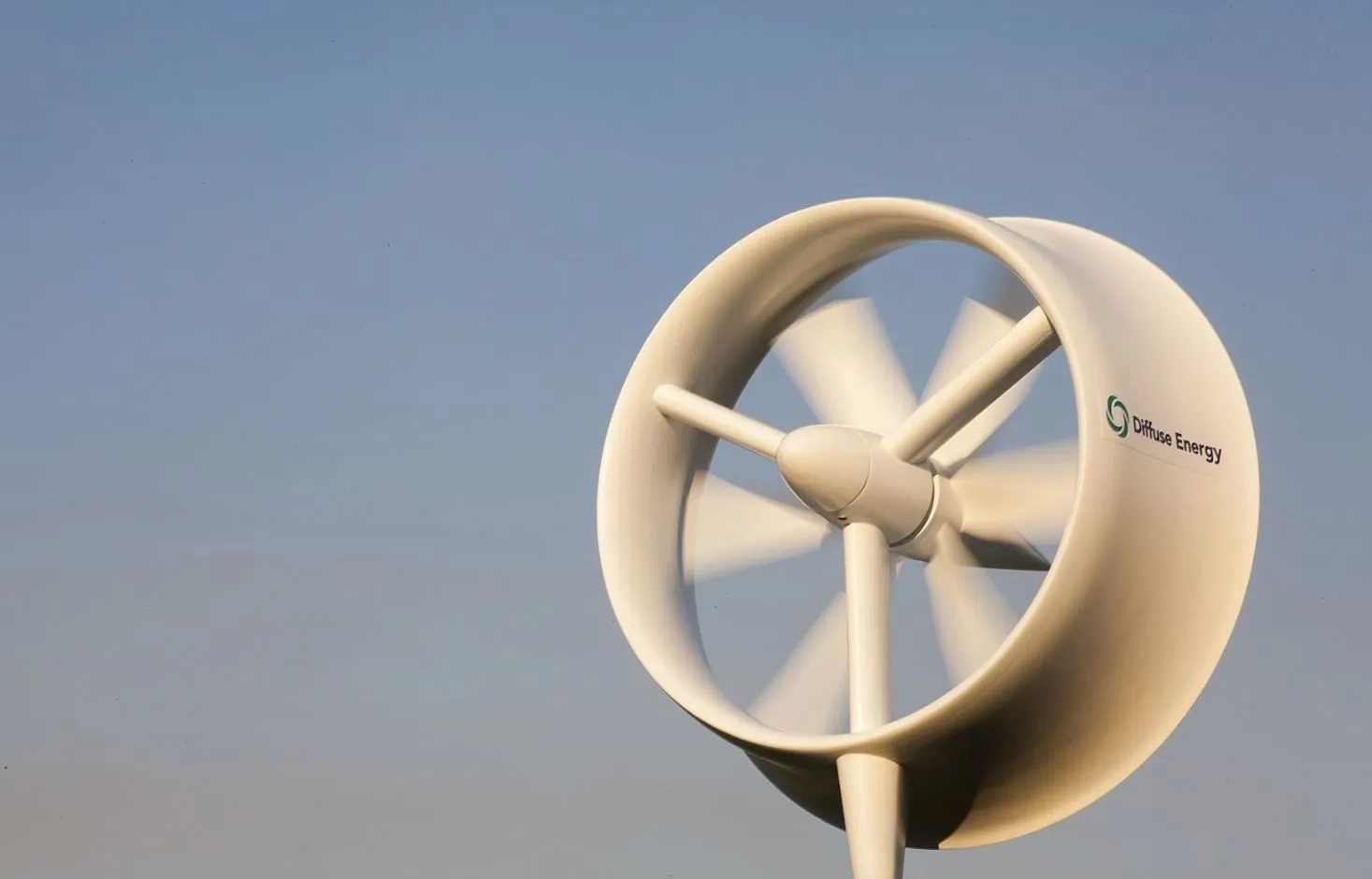
According to James, the India Bootcamp offered the greatest opportunity yet to really accelerate his business. Driving around rural India, he realised exactly the potential the market offered.
“It’s actually set up better for us than I thought it would be for what we want to do,” he said. “We see ourselves in the microgrid space. Compared to Australia, the whole way farming is set up in India, you need lots of microgrids. It was great to see.”
“Trying to work that out from an Australian lens would have been impossible.”
Not only is the market in India massive but the attitude and approach to innovation makes it fertile ground for investment in technology such as what Diffuse Energy offers.
James also made local connections on the trip that he hopes will continue to drive the growth of his business and the startup ecosystem long after the trip. That includes connections with another company in the renewables space in Tamworth, who will be able to explore parallel opportunities.
“It was an eclectic group of people and we’re still talking, sharing opportunities and helping each other out.”
The trip has even changed his perspective on teaching and the role that universities can play in the innovation sector, with James working with the University of Newcastle’s Integrated Innovation Network (I2N) to help ‘close the loop’ and create even more startups like his.
Diffuse Energy is now in trials with an Australian telecommunications company, supplying power for remote data communication power needs,and are approaching a first fundraising round. From there, they’ll be looking to use their international contacts, including those they made in India, to achieve a global reach.
Much like the technology they are developing, James and Diffuse Energy are now harvesting the winds of change to build an international business, using the India Bootcamp experience as a stepping stone to the world.
Related Stories
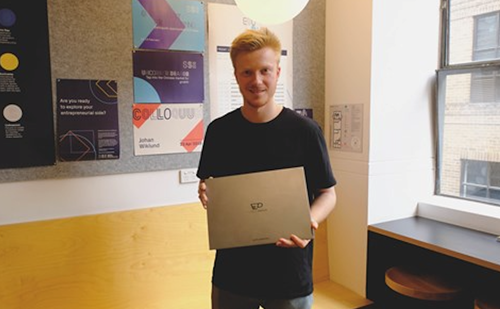
Espresso: the world’s thinnest portable touchscreen
